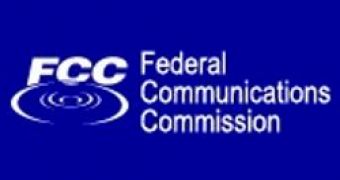The meeting in question was going to be one of the most interesting topics left for this year since the subject – voting for a free Internet plan – is a highly delicate one. This piece of news has become very controversial due to the many opposing politicians in the States and also to the great number of relevant questions that FCC still has to answer.
The main idea of the project was in fact the auctioning of 25 megahertz of wireless spectrum in the 2155MHz to 2180MHz band to all interested operators. This act of good will, as it would seem at first, would not come free; the FCC would require that licensed operators offered some free Internet services to Americans who could not afford or who would not pay for high speed Internet access.
Till here the terms were pretty much acceptable, but the FCC also added that these services would be filtered of any deeming and illicit materials, for persons under the age of 18, whereas the rest of the population could “enjoy” the cut-out sections as well. This last part caused a lot of stir among U.S. officials and among all American citizens interested in the subject.
According to the Wall Street Journal, U.S. Commerce Secretary Carlos Gutierrez wrote to FCC Chairman Kevin Martin that "The administration believes that the (airwaves) should be auctioned without price or product mandate[...]The history of FCC spectrum auctions has shown that the potential for problems increases in instances where licensing is overly prescriptive or designed around unproven business models."
In translation, this letter was referring to the opposition of the Bush administration to this idea, this also being a circumstance of the fact that Kevin Martin has been, lately, investigated for abusing his managing post and also for having political preferences, reflected in his line of work. Regarding this last piece of information, the Journal also wrote that this meting was canceled on Friday, after Sen. John Rockefeller and Rep. Henry Waxman had had a discussion with Martin and advised him to stand down regarding the controversial policy proposals.
In any case, besides the Bush administration, T-Mobile also disagreed on this idea, since, as it claimed, such an event development would be interfering with its Internet services, especially given the fact that the operator spent $4.2 billion in 2006 for the acquirement of a different wireless spectrum.
On top of that, Marc Rotenberg, executive director of the Electronic Privacy Information Center, after seemingly analyzing the idea, declared, “A government-mandated filter at the network level means the government can block anything it finds objectionable." Moreover, there are other issues that need to be taken into account, such as how the FCC will portion the filtered and unfiltered access, since there is no sure way of verifying the users’ age.

 14 DAY TRIAL //
14 DAY TRIAL //